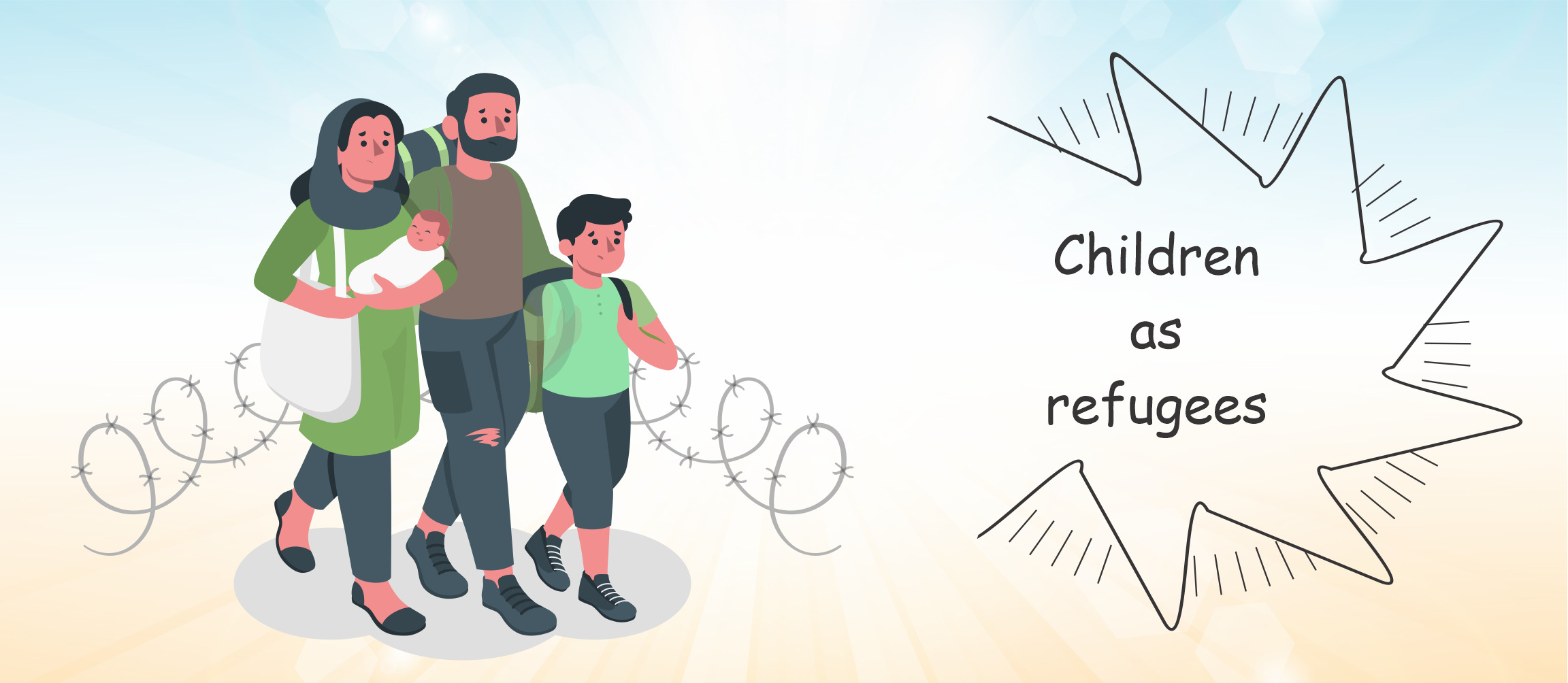“We’re now refugees. People don’t like us. No one is loyal, everyone lies. I was a kid before. I am older now. I know more.”
– Rawan, aged 12, who had to flee from Aleppo in Syria.
20th June is World Refugee Day and one of the most impacted by the change in the time of trauma or crisis are the kids. The psychological impact of being a refugee is too much for kids and it has a lifetime posttraumatic effect on them. Children are most vulnerable to abuse and violence and during journeys they’re the most impacted due to lack of experience or understanding of the world. It is estimated that more than one child dies every day along the perilous Central Mediterranean route from North Africa to Italy. Of the almost 100,000 refugees and migrants travelling via this route in the past year, around 15 percent are children.
The impact of being a refugee leads to –
- Displacement and yearning for homeland
- Unaccustomed status in the asylum country
- Culture clash and temporary living leads to detachment and depression
- Post traumatic stress disorder and neurosis of trauma especially in case of loss of family due to war/conflict
- Face hardships due to attitude of the people in the asylum country
- Race and foreign country prejudices
- Identity issues and hatred for self or family
- Lack of proper standard of living like shelter, jobs, education and medical facilities
Every child has a right to education, food, security and safety. This is denied to refugee children and can lead to raising a generation of young people who are totally lost and have a sketchy future. It is our need to understand their situation, be empathetic and get involved with those who are already working with refugees and bringing more constructive awareness and reforms. You can also check out the UN website for resources and share the refugee stories with others.
Reading Resources:
https://www.unicef.org/eca/emergencies/refugee-and-migrant-children-europe
https://www.globalgiving.org/learn/listicle/13-powerful-refugee-stories/




